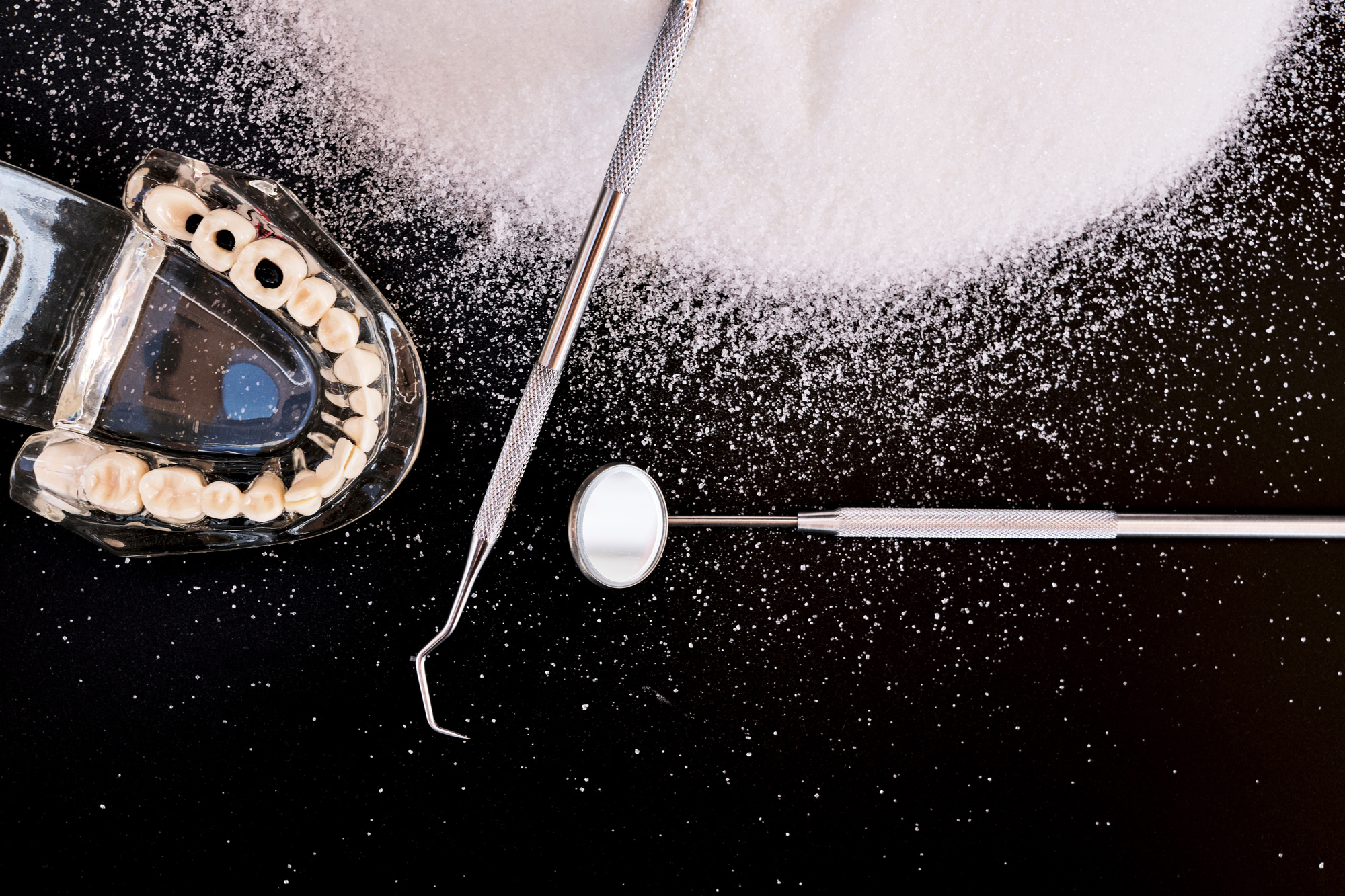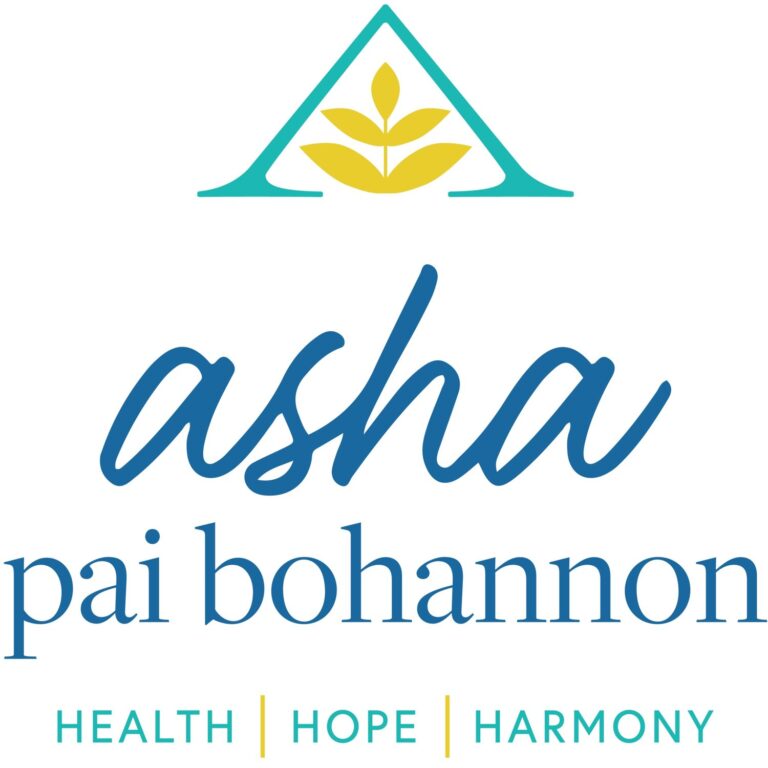The birth of a baby brings profound joy and change to any family. While new parents are focused on their newborn’s health and needs, it’s vital not to overlook self-care during the postpartum period. Making dental care a priority, even with a newborn to care for, is critical.
With preparation and focus, new parents can protect their oral health in the months following childbirth. For some women, this might also be the right time to consult about procedures they’ve postponed during pregnancy, such as having dental implants. On that note, this guide provides new parents with expert advice on maintaining dental hygiene and preventing issues during the postpartum period.
Why Is Dental Care Important Post-Partum?
Navigating through the post-partum phase brings about numerous challenges, and surprisingly, dental health is at the forefront of these challenges. But why does this period significantly influence oral well-being?
Hormonal Changes
Pregnancy is a unique phase where the body goes through a rollercoaster of hormonal fluctuations. These hormonal shifts, especially increased levels of progesterone and estrogen, can elevate the risk of periodontal (gum) diseases. The gums may become redder, more swollen, and bleed easily. Even after childbirth, these symptoms might linger, manifesting as gum sensitivity or inflammation. If left unchecked, these issues can progress to more severe dental problems.
Dietary Changes
The demands of motherhood often mean irregular mealtimes and increased snacking. Frequent snacking, especially on sugary or acidic foods, can elevate the risk of dental cavities. Additionally, new mothers may lean on caffeinated drinks for a quick energy fix, which may stain teeth over time.
Morning Sickness
Morning sickness, a common symptom experienced during pregnancy, is not just unpleasant but can also have ramifications on dental health. The acid produced during vomiting can erode tooth enamel, the protective layer of the tooth, leaving it vulnerable to decay.
The unique physiological experiences during and after pregnancy directly interplay with dental health. Recognizing these connections emphasizes the imperative of post-partum dental care for overall health and well-being.
Tips For Maintaining Post-partum Dental Health
As explained, the post-partum phase can be particularly taxing on oral health. Therefore, taking proactive steps towards preventative dental care is of utmost importance. Here’s an in-depth look into the expert tips that new mothers can adopt to safeguard their dental health:
- Schedule Timely Dental Visits Post-Delivery
It is advisable to book an appointment with your dentist within 3-6 months after your child is born. These post-partum dental check-ups play a pivotal role in the early identification of potential issues like lingering gum disease, cavities, or other oral health anomalies. Such timely detection ensures that any required treatments or additional cleanings are addressed promptly, steering your oral health in the right direction.
- Prioritize Your Oral Hygiene Regimen
Amidst the exhaustion and the demands of new motherhood, maintaining a robust oral care routine might seem daunting. However, it’s crucial to brush diligently twice a day and floss once daily. Opt for a soft-bristled toothbrush that is gentle on your gums and teeth, and use ADA-approved fluoride toothpaste for effective cleaning. Remember to floss with gentle, short strokes to effectively dislodge food particles and bacteria from the spaces your toothbrush can’t reach.
- Be Mindful Of Your Diet
Your dietary choices significantly impact your overall and oral health. A balanced diet, rich in fruits, vegetables, lean proteins, and whole grains, is laden with essential nutrients that assist in post-delivery recovery. It’s essential to minimize the consumption of sugary and acidic foods and beverages as they can erode tooth enamel and promote cavities. Also, staying well-hydrated not only aids in general well-being but also helps in maintaining optimal saliva flow, which is essential for neutralizing oral acids.
- Address Nursing-Related Oral Health Issues
Breastfeeding, while beneficial for the baby, can sometimes be linked with dental concerns in mothers, such as tooth sensitivity, pain, or decay. To counteract these, ensure ample water intake while nursing and consider taking calcium supplements to maintain bone density. Also, it’s a good practice to avoid sharing utensils with your baby, as this can transmit bacteria. Any sudden or concerning changes in oral health should be a signal to consult a dentist promptly.
- Tackle Post-partum Dry Mouth
The hormonal rollercoaster that comes with childbirth might lead to dry mouth, even months after delivery. To combat this, increase your water consumption and try to limit diuretics like coffee. Chewing on sugar-free gum can spur saliva production. Over-the-counter saliva substitutes and specialized mouth rinses can offer relief. In persistent cases, your dentist might suggest prescription treatments.
- Choose Oral Care Products With Caution
When selecting oral care products, prioritize those specifically designed to be safe for new mothers. Toothpaste and mouth rinses that contain fluoride fortify enamel, providing a defense against decay.  If you’re inclined towards a more holistic approach, there are natural alternatives devoid of alcohol, chemicals, or harmful additives. Always peruse product labels meticulously, and if in doubt, seek guidance from your dentist.
If you’re inclined towards a more holistic approach, there are natural alternatives devoid of alcohol, chemicals, or harmful additives. Always peruse product labels meticulously, and if in doubt, seek guidance from your dentist.
- Stay Vigilant To Oral Changes
The post-partum period can bring about unforeseen changes in your oral health. If you observe symptoms like swelling, sores, persistent pain, bleeding, or any other alterations, it’s imperative to seek dental care immediately. Delaying treatment might exacerbate issues like gum disease and tooth decay, whereas timely intervention can curtail potential damage.
With the right practices and timely interventions, maintaining impeccable oral health post-partum becomes seamlessly achievable.
In Conclusion
The post-partum period represents a vulnerable phase for new mothers, making diligent oral healthcare important. Following these tips can help safeguard your smile so you can savor this special time with your new baby. Remember, staying on top of your own health means you’ll be able to provide the very best care for your infant as well. Consult your dentist with any questions or concerns about your dental health during the transition to parenthood.








